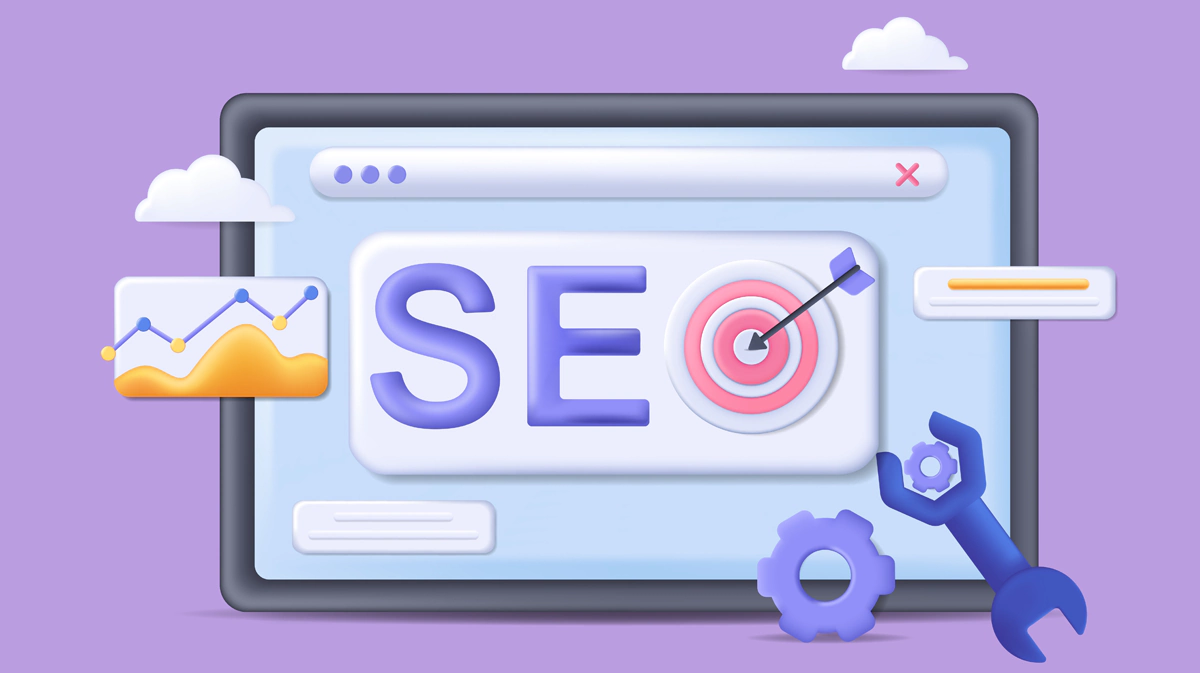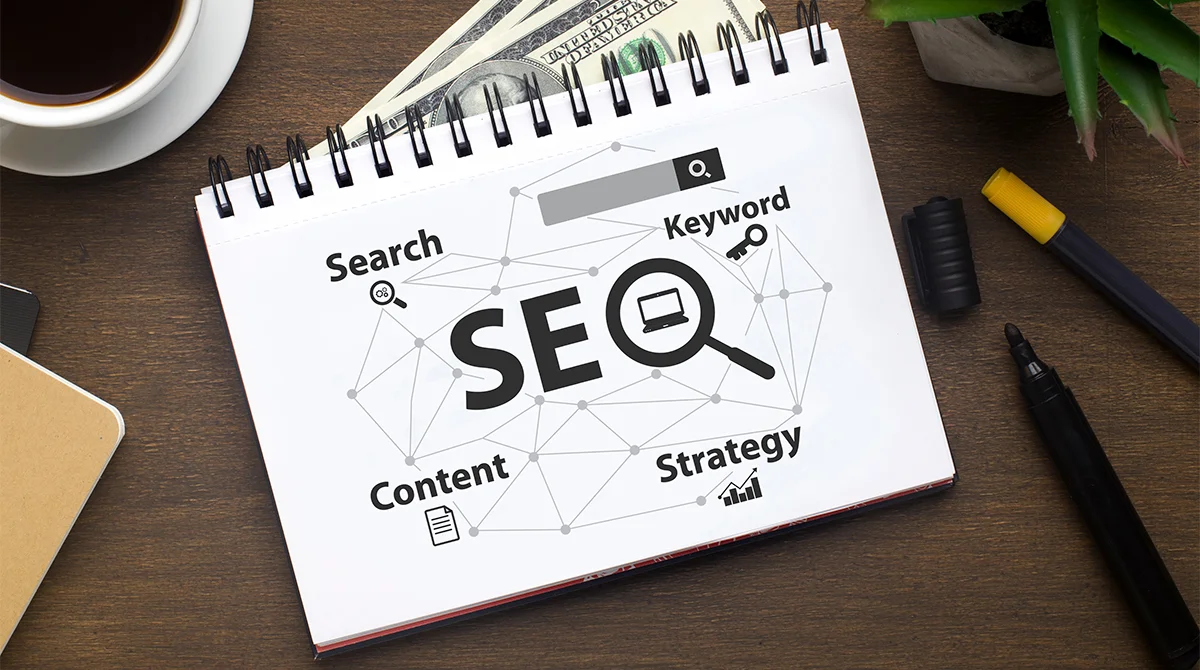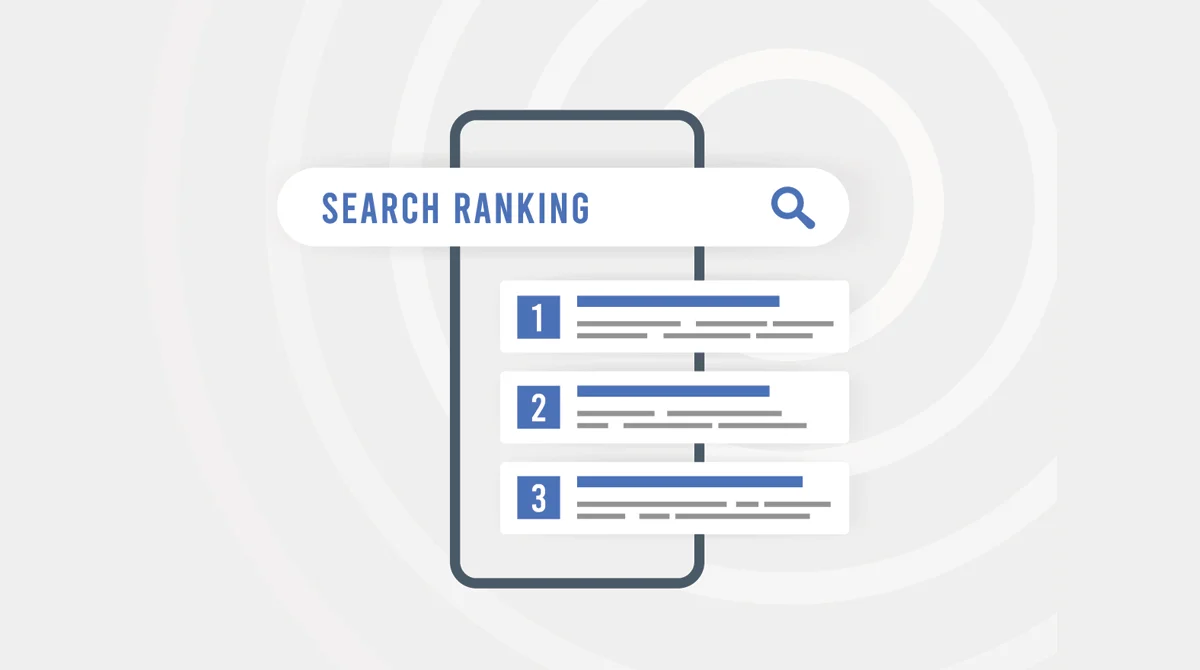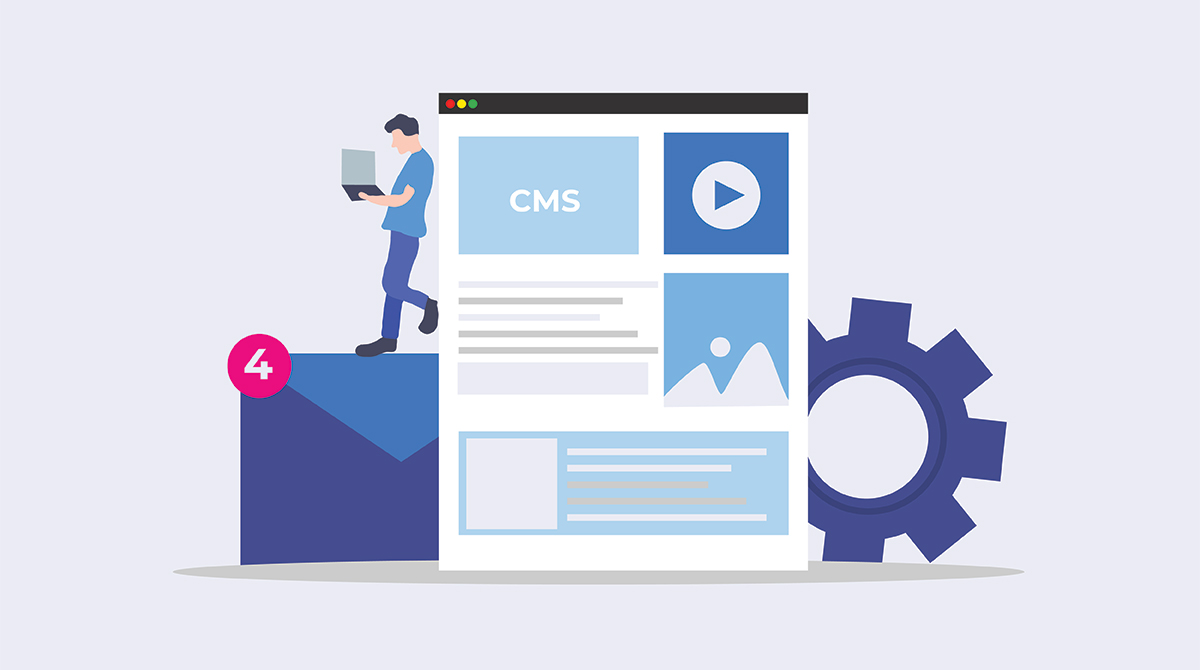These days, just having a website doesn’t help you if you want to be successful online in today’s world of technology. But with millions of websites wanting to be noticed, your site can easily get lost in search results and not be seen by visitors that you want to land on your sight.
What if you work for months creating and launching your website before realising it isn’t attracting the amount you thought? Slow loading times, bad phone performance, uninteresting content, and flawed SEO methods can stop your site from being found. This means all your effort and money spent could go unnoticed.
The good news is that improving your website for search engines can change this situation. To ensure your website keeps attracting important visitors and shows up higher in search results, it’s a good idea to use a smart SEO plan (i.e., find the right words, improve your content, and fix technical issues). This guide will outline the basic steps to make your site search engine-friendly.
Why is SEO significant for a Website?
SEO hugely impacts your website’s overall success online, as the number of visitors your site gets and how visible your site depends on SEO. As most people start doing their online stuff using a search engine, you can either add favour or you can begin sucking the breath out of it by being on the first page of search results.
Increased Organic Traffic
SEO will make your website appear when they search for something regarding your business, products, services, or information. Let’s say you have an online bookstore – SEO can put you in positions to be there for searches like “popular novels” or “cheap books online”. More people finding your site through search equates to more chances to make sales. To that end, these visitors are already looking for what you offer, so the likelihood of purchase is higher, giving you better results for your business.
Cost-Effective Marketing
Unlike paid advertising, organic traffic from SEO doesn’t need constant spending. Once your website is ranked high, it can keep bringing in visitors without ongoing costs, giving a big return over time. In the long term, SEO is usually cheaper than paid ads.
Credibility and Trust
Whenever a website appears at the top of search results, it is commonly assumed to be more legitimate and reliable. Rule #2 states that people trust reputable, well-optimised sites more than low-quality, poorly optimised ones, and search engines favour those more likely to make purchases or take action. Examples include people being more likely to click on the top result on the first page than on the second.
Better User Experience
The goal of SEO is to make websites faster, more mobile-friendly, and easier to use. A good-looking website satisfies search engines and also makes visitors happy to revisit your page. For instance, a web store enables customers to easily find what they want and pay for it.
Related read: How User Experience Impacts E-commerce SEO?
Competitive Edge
Higher than other businesses on search engines can bring you more customers. Let’s take two companies making handmade candles as an example. If their SEO improves, they will get more visitors and do better at bringing more business to the company than its competitors. A great SEO plan will keep your business noticed in a crowded market.
Long-Term Results
Unlike paid ads, SEO provides lasting benefits over time. Your work can continue to bring results for many years, making it a wise long-term choice. SEO brings you a consistent stream of visitors without spending on ads.
For example, people search for ‘best running shoes’, and an online shoe store that is SEO optimised is more likely to appear at the top of search results. This makes the store more visible and trusted and increases the likelihood of people to click the store.
Related read: How to Boost Your Website’s SEO with ChatGPT
Ways to improve your website’s SEO
SEO can enhance your website through page and technical methods. Here are some essential ways to improve your site’s SEO:
Keyword Research
Keyword research is good because you can find the words and phrases people in your target group search for. To discover good keywords, use Google Keyword Planner, SEMrush, or Ahrefs. Add these keywords into the main body, even the titles and headings (if you can’t find a place there). For example, a travel website may seek places to write about, like ‘best places to travel in 2024’ or ‘cheap travel deals’.
Content Quality
Improving your website’s visibility requires good content. Ensure your content works, is interesting, and is right for the people you’re trying to reach. You can use blog posts, helpful tips, real-life examples, and pictures with info. So, for instance, rather than your fitness blog posting an article titled ’10 best exercises to lose weight,’ it may do something a little different. Having something to help people solve their problems or answer their questions is always important.
Optimise Meta Tags
So, if you’re ready to increase your website’s visibility in search results, you must think about meta titles and descriptions. They give search engines and visitors a quick idea of what your page is about. Use relevant keywords in these sections, but ensure they are short and exciting. For instance, a page about headphones could have the title “Top Noise-Cancelling Headphones at Great Prices.”
Improve Website Speed
Slow websites discourage visitors and may cause more people to leave quickly. Use tools like Google PageSpeed Insights to find ways to make your site faster, such as making images smaller, saving information on the browser, and choosing a good hosting service. Each extra second it takes to load can significantly lower the number of successful actions on your site.
Related read: Top 10 Ways To Optimise Your Website Speed For Better Optimisation
Mobile Optimisation
Google now cares more about websites appearing well on phones. Ensure your website adapts to fit every device, including smartphones and tablets. Check your site using Google’s Mobile-Friendly Test tool.
Related read: Importance of Mobile-Friendly Website Design to Gain Traffic
Internal Linking
Internal links help visitors and search engines navigate your website and spread the importance of different pages. For example, a blog post such as ‘Healthy Diet Tips’ could link to pages such as ’10 Superfoods for weight loss’. Good internal linking enables search engines to find and understand your site easily.
Build Backlinks
Backlinks from trusted websites show search engines that your site is reliable and essential. To get good backlinks, try methods like writing guest posts, connecting with influencers, and working with others on content. Just one backlink from a well-known site can greatly improve your search ranking.
Optimise Images
Pictures can help with SEO if they’re set up correctly. Use clear file names and add alt text to help search engines understand what the image is about. For instance, change a file named “IMG123.jpg” to “red-running-shoes.jpg.” Also, make the images smaller to speed up the webpage.
Secure Your Website
Search engines rank websites that use HTTPS encryption higher. An SSL certificate helps improve these rankings and shows visitors that their information is safe. Without HTTPS, browsers may display warnings, which can scare away visitors.
Regular Updates
New and updated information helps search engines know your content is essential. Check your pages often, change old details, and add fresh, engaging material to keep your place in search results. Keep your long-lasting content updated, too, so it stays functional.
For example, a travel blog could improve a post about “Top 10 Beaches in the World” by using helpful words, adding clear pictures with descriptions, linking to other related posts, and writing a catchy summary.
Related read: SEO Best Practices for Web Designers
Things that can impact a website’s SEO
So many things go into SEO regarding browsers ranking up and competing with the ones they can’t break. But from technical performance to content quality and even the forever-changing algorithms, it’s all a matter of detail. Below, we dissect the key aspects that move you up or down the ladder of your website’s SEO performance and present actionable tips to attend to them.
- Website Speed: Slow pages annoy users and make them leave quickly. Make images load faster, use tools to store website data, and connect to fast servers to help pages load quicker.
- Mobile Responsiveness: Websites that work well on phones appeal to search engine websites. You want your site to look good and work on all devices, regardless of screen size or form factor.
- Content Relevance: If your site is on the low end, it can damage your website’s ranking due to running old or irrelevant content on your page. Update your pages and provide helpful information that people want to see.
- User Experience (UX): For instance, broken links, messy designs, or hard-to-use menus can easily be too bad of an experience and leave people quickly, thus commissioning your ranking.
- Keyword Stuffing: Search engines can penalise you if you use too many keywords in content, meta tags or URLs.
- Backlinks Quality: Regarding SEO, getting backlinks from bad or spam websites can hurt you. Put your focus on getting links from relevant sites.
- Duplicate Content: Search engines can be confused and lower your credibility if you’ve put the same content on different pages.
- Meta Tags and Titles: Your click-through rates and visibility are hurt with no explicit or empty meta titles and descriptions.
- Search Engine Updates: Search engine rules can change anytime, and websites are ranked differently. Stay in line and change strategy.
- Website Security: By default, search engines prefer websites with secure connections (HTTPS) and secure your user’s trust.
Related read: Effective SEO Strategies Needed when Building a New Website
Partner with Make My Website for Effective SEO Solutions
A bit of regular updates and flexibility go a long way toward getting and keeping high search engine rankings in SEO. By improving keyword research, content quality, website speed, and user experience, your website can improve its rankings and consequently bring more natural traffic.
We are concerned about helping businesses create SEO-friendly websites that rank well in search engines and have excellent user experience. Our expert team knows how to do SEO and utilises that technical knowledge, along with their creative abilities, to create customised SEO plans based on your unique business needs.
Make My Website is there to help you every step of the way, whether you are building a site from scratch or working on one you already have. If you don’t have a website, and you don’t know where to start, we will assist you in turning your online presence into a solid tool for growth and help you get more out of it!



















